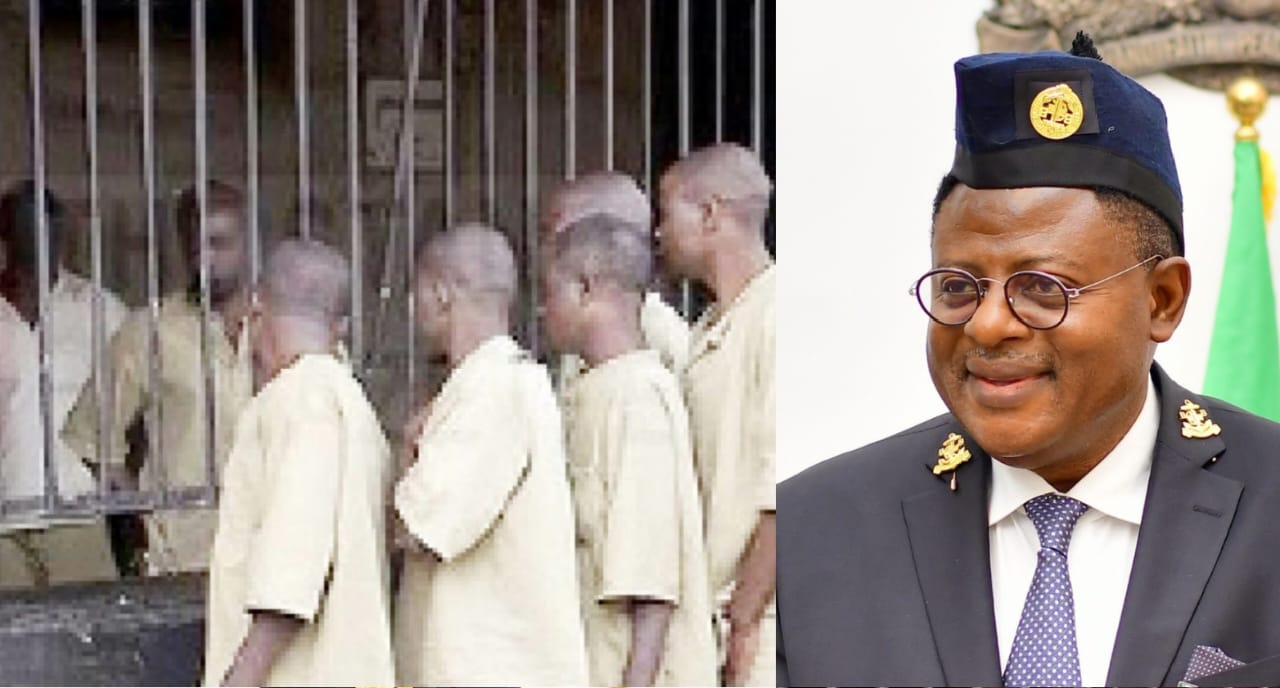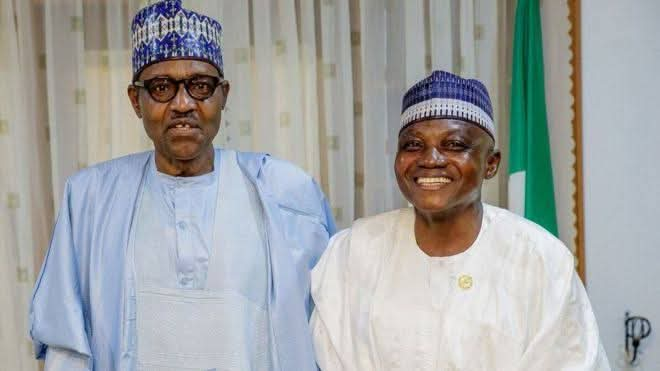Lagos, Nigeria – Nigerian human rights activist and #RevolutionNow convener, Omoyele Sowore, has openly criticised former Edo State Governor and ex-Nigerian Labour Congress (NLC) President, Adams Oshiomhole, labelling him an “Agaracha” labour leader who, according to Sowore, lacks the activist credentials he claims.
Sowore made these statements on a recent Glitch Africa Studios podcast, which was monitored by SaharaReporters on YouTube.
Sowore, a former presidential candidate for the African Action Congress (AAC), alleged that Oshiomhole had ties to Nigeria’s former military regime, accusing him of collaborating with the military leadership to endorse the country’s first fuel price hike in 1992.
He further recalled how, under his own leadership, the National Association of Nigerian Students (NANS) held a press conference condemning Oshiomhole as an “enemy of students” due to his support for the controversial price hike.
“Oshiomhole was never an activist,” Sowore declared. He asserted that Oshiomhole and former NLC President Pascal Bafial had a deal with then-Head of State Ibrahim Babangida to increase the fuel price.
“I did a press conference where we named him as an enemy of students because he was part of orchestrating the first fuel price increment,” Sowore said.
Sowore further criticised Oshiomhole’s role during the country’s pro-democracy movement under the Abacha regime, accusing him of distancing himself from the fight for democratic change while other activists faced intense persecution.
“Oshiomhole was never part of the pro-democracy movement,” Sowore stated, adding that unlike prominent activists forced into hiding, Oshiomhole remained in Abuja, which Sowore interprets as indicative of a close alignment with the authorities.
On Oshiomhole’s tenure during former President Olusegun Obasanjo’s administration, Sowore alleged that Oshiomhole would privately support fuel price hikes, reassuring Obasanjo that “We will fight small and you will bring it back to where it is supposed to be. You are happy, I’m happy.”
This practice, Sowore argued, was a form of “organised outrage” where public displays of resistance were calculated rather than genuine.
In a broader historical context, Sowore compared Oshiomhole to more prominent labour leaders, naming figures such as Pa Michael Imodu and Obafemi Awolowo as true champions of Nigeria’s labour movement.
He noted that Imodu faced confinement in Auchi by colonial authorities, while Awolowo was restricted to Lekki during the colonial period, and himself to Abuja for three years under similar restrictions.
“When you are talking about real labour leaders, don’t mention Oshiomhole,” Sowore concluded, calling it an “open secret” among activists that Oshiomhole’s legacy as a labour leader is exaggerated.







